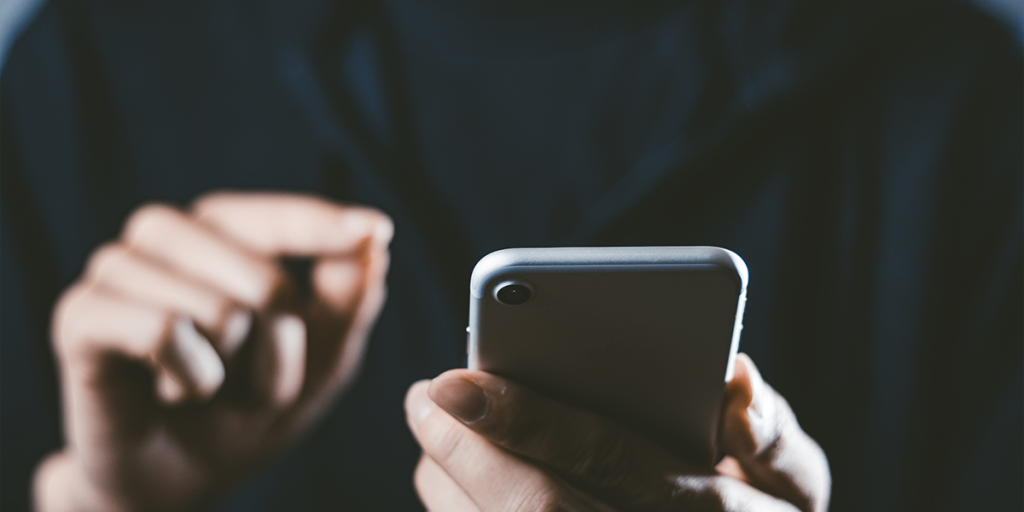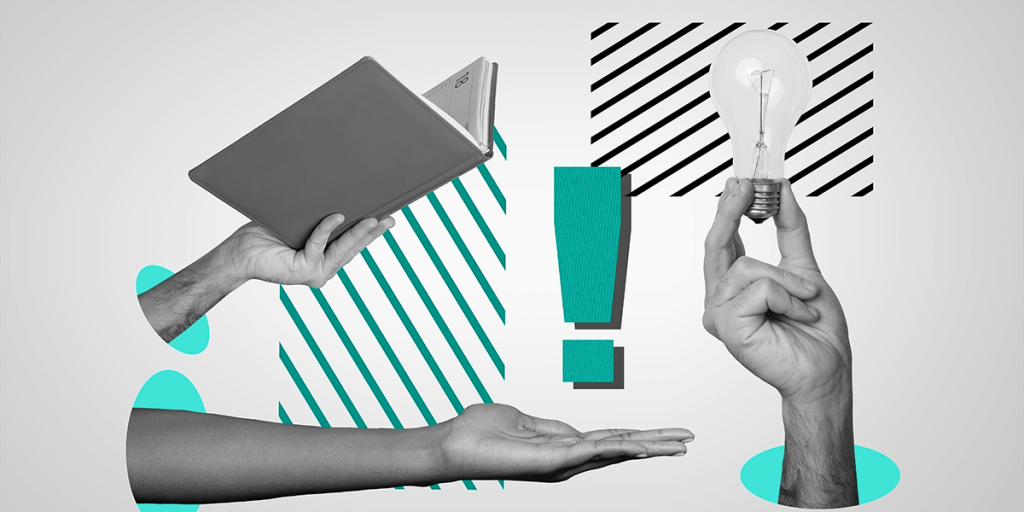
UK Bank Account Number and Sort Code
When you open a UK bank account, you are assigned an account number and a sequence code. These are essential pieces of information that play a key role in banking transactions.
When you open a UK bank account you get an account number and sort code. These are important bits of information that are used in all banking transactions.
Account Number: This is an 8 digit number that is unique to your account with the bank. You’ll use this number when setting up direct debits or standing orders and when you want to receive money into your account via bank transfer.
Sort Code: An sort code is a 6 digit number that identifies the bank branch where your account was opened. In other words it’s a bank branch number.
Both the account number and sort code are used in financial transactions. If you’re employed you’ll need to give these details to your employer so they can pay you by bank transfer. If you’re a business owner you’ll share these details with customers who need to pay you by bank transfer.
You’ll usually find your account number and sort code on your bank statements and on your cheque book if you have one. Some banks also print these details on their debit cards but not all do.
You should keep your account number and sort code confidential and only give them out for authorised banking transactions. This will help protect your bank account from fraud.
Although these numbers are used for everyday banking, they are not the same as your card number which is the 16 digit number on your debit or credit card, or your PIN which is a 4 digit number used for card transactions.
Can You Share Your Account Number and Sort Code?

Sharing your account number and sort code is usually safe as these details are needed for someone to make a deposit or set up a direct debit to your account. These numbers alone cannot be used to take money out of your account.
Direct Debit: Direct Debit allows companies to take automatic payments from your account. This is useful for regular bills or subscriptions. But only companies that are approved by the Direct Debit scheme can set up such payments and the Direct Debit Guarantee protects your funds. This means if a company takes money from your account without your permission you are entitled to a full and immediate refund from your bank.
Invoicing: If you’re a business owner you’ll need to put your account number and sort code on the invoice so customers can pay you by bank transfer. Some payment platforms like Airwallex allow users to add a payment link to their invoice for easy and secure payment.
While it’s safe to share your account number and sort code, never share other sensitive banking info. This includes your PIN, 16 digit card number, card expiration date and card verification value (CVV). Fraudsters can use these details to make unauthorised transactions and potentially cause financial loss.
Only share with trusted people or organisations and if in doubt contact your bank.
In Ireland, sort codes are no longer used. Instead all account information is contained within an International Bank Account Number (IBAN). An IBAN is 34 alphanumeric characters long and includes the bank, specific account, geographic location of the branch and possibly routing information.
For international money transfer, more than account numbers and sort codes are usually required. You’ll likely need to give your IBAN and SWIFT (Society for Worldwide Interbank Financial Telecommunication) code which identifies your bank internationally.
Looking for a faster way to send and receive payments globally? Try TangoPay they can really speed up the process and make international transactions easy.
Account Numbers and Sort Codes

Account numbers are like an ID for your bank account. They tell the bank which account to withdraw or add cash from during a transaction.
Sort codes tell us which bank and branch your account is at. It helps in routing payments between banks.
These two numbers work together to make your transactions work. They make sure your money ends up where it’s supposed to.
They also keep your money safe. Banks use them to check that only the right people are transacting with your account.
If you set up regular payments like direct debit or standing orders companies will need these numbers to take the correct amount from the correct account.
For international payments we also use other codes. These include International Bank Account Number (IBAN) and Bank Identification Code (BIC). These codes along with your account number and sort code will make sure your money ends up in the right place even if sent around the world.
Can Sort Codes and account numbers be used for international transfers?
If you want to send money abroad just using sort codes and account numbers won’t be enough. You usually need more information.
For international transfers you often use something called an IBAN (International Bank Account Number) and a BIC (Bank Identifier Code). These are special codes that help banks around the world talk to each other.
An IBAN is like your account number but for the whole world. This helps foreign banks find your account so they know where to put the money.
A BIC or Swift Code (sometimes called a SWIFT code) is like a sort code but on a global scale. It helps to identify your bank and branch among other banks around the world.
So while your sort code and account number are important for local transfers, for international ones you’ll usually need your IBAN and BIC as well.
FAQs
Where can I find my sort code?
You can find your sort code on your bank statement or in your online banking. This is usually a 6 digit number.
Where can I find my sort code and account number?
Both your sort code and account number can be found on your bank statement or when you log into your online banking. They are also printed at the bottom of your cheque.
Is sort code and account number enough for money transfer?
For local transfers within the same country, yes. You need the recipient’s sort code and account number. But for international transfers you may also need other information like IBAN and BIC/SWIFT code.
What is an account number and sort code?
Your account number is a unique number that identifies your specific bank account. Your sort code is another number that identifies the bank and branch where you have an account.
Does an IBAN have a sort code and account number?
yes it does. An IBAN (International Bank Account Number) consists of the country code, two check digits, your bank’s sort code and your specific account number. It helps banks to identify your account for international payments.
